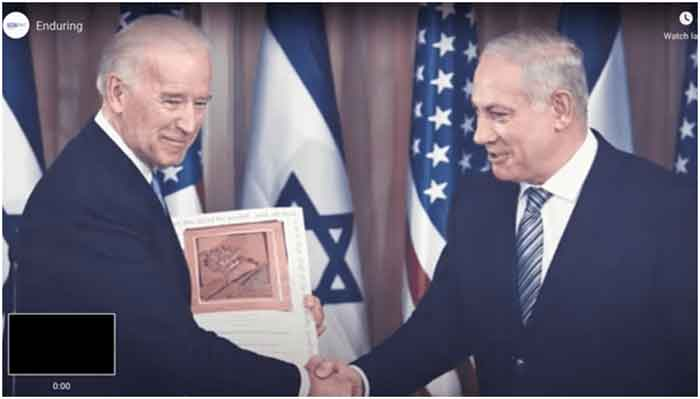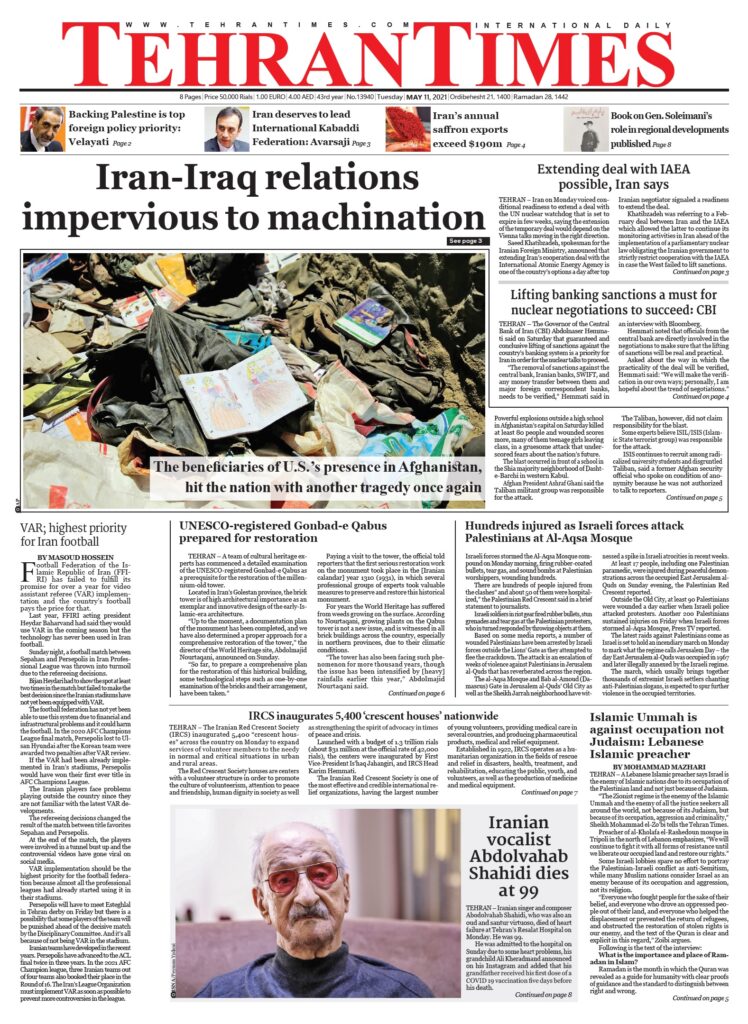Russia Expands Military Facilities in Syria
Russia is expanding its navy base at the Syrian port of Tartus and planning to construct a floating dock to boost the port’s ship repair facilities, according to Russian military officials.
The move comes only weeks after the Russian military extended one of the runways at its Hmeimim airbase, adding to its military foothold in the eastern Mediterranean. The floating dock is scheduled to be completed next year, says Russia’s TASS news agency, quoting military officials.




